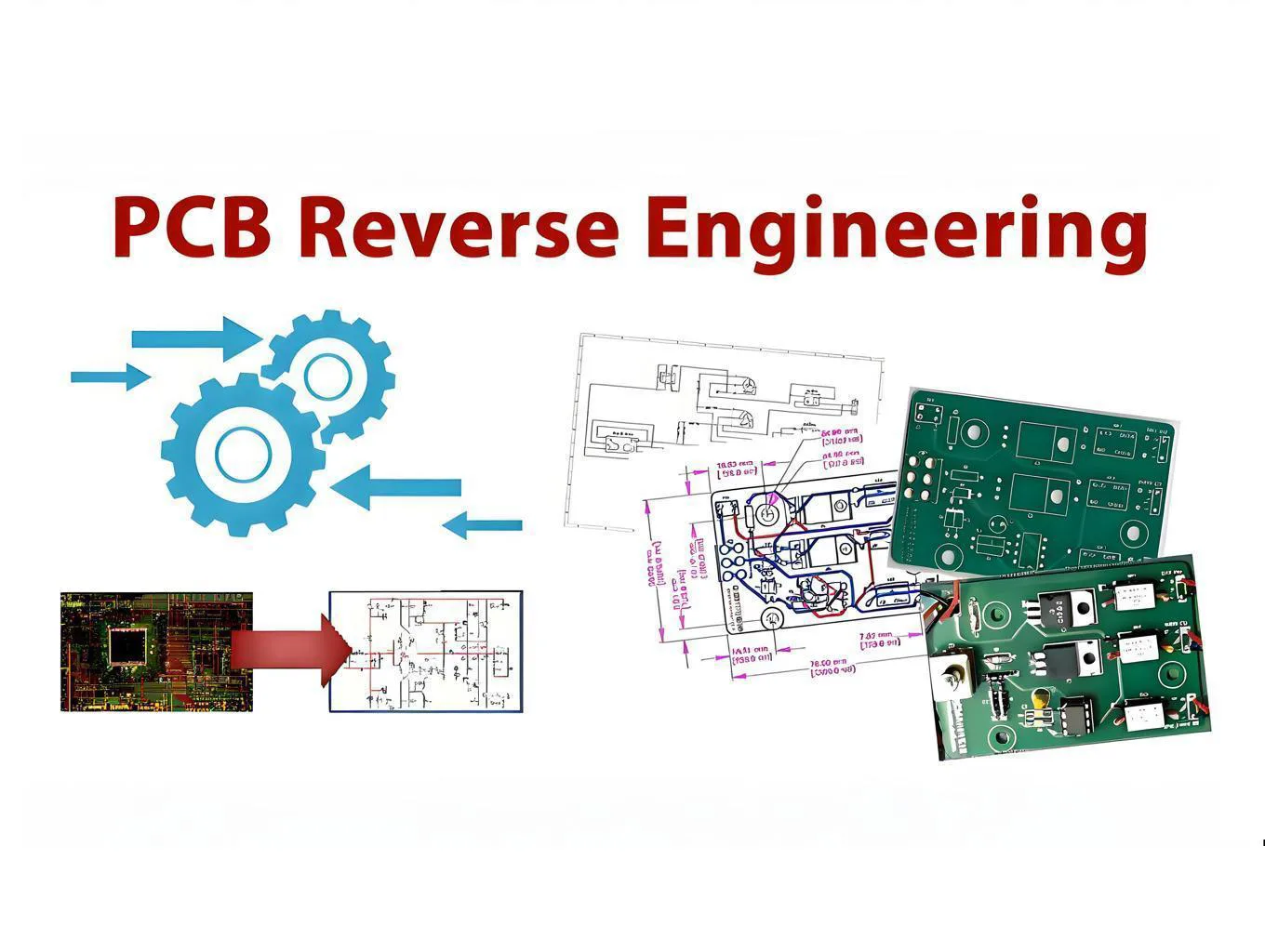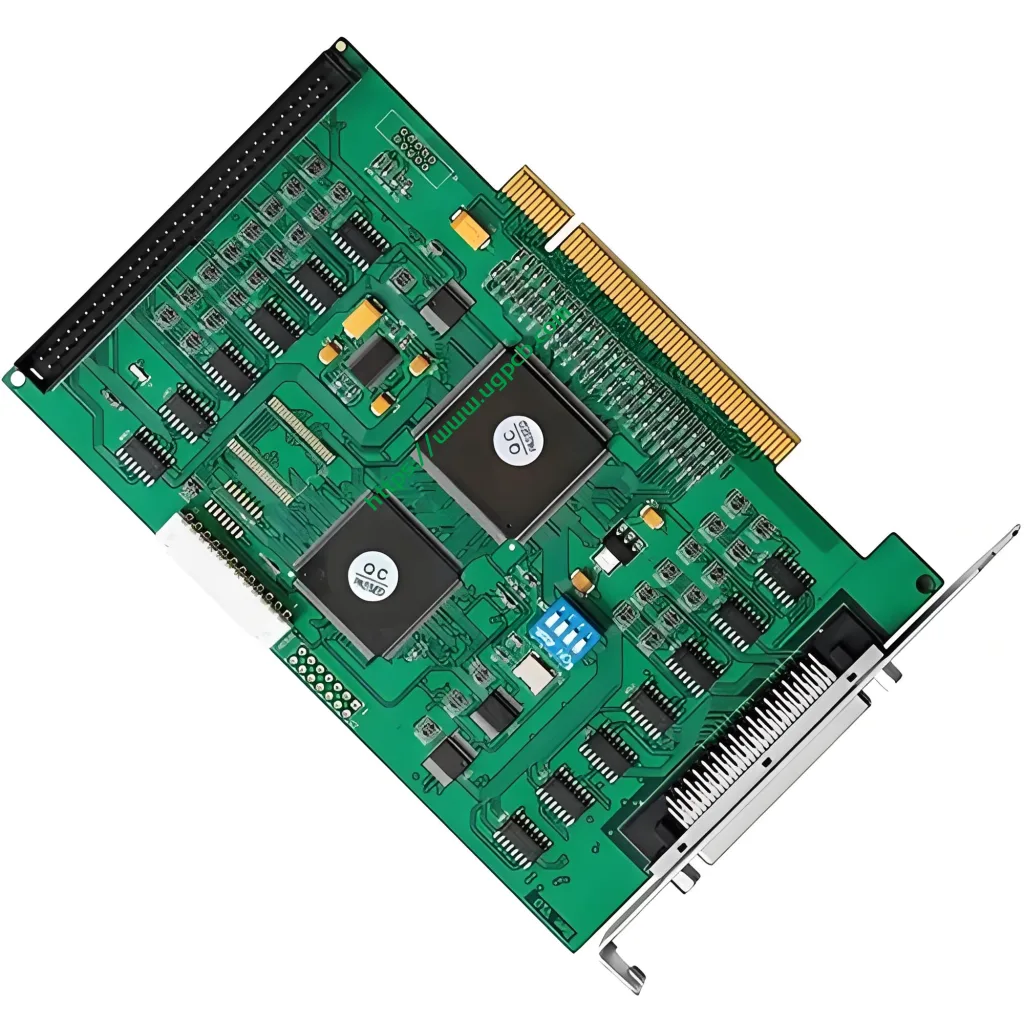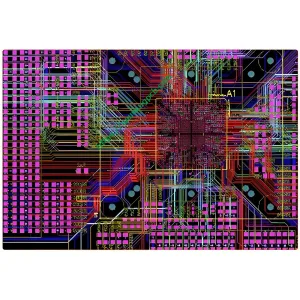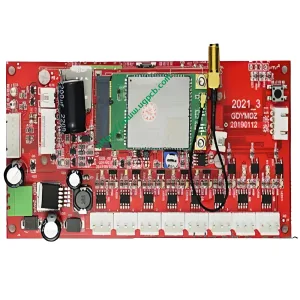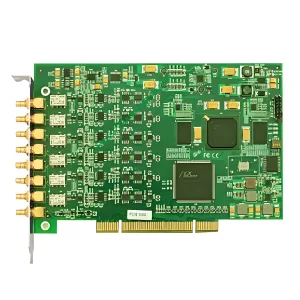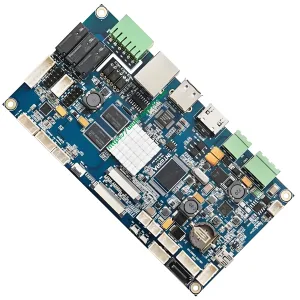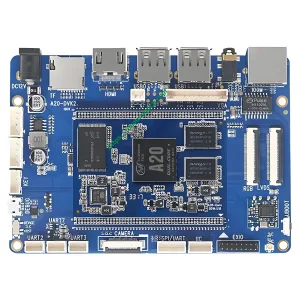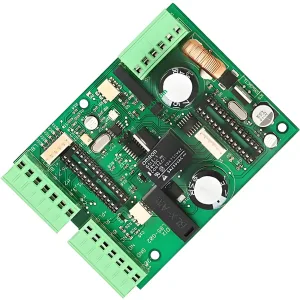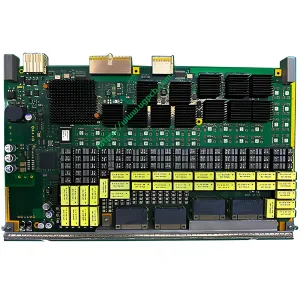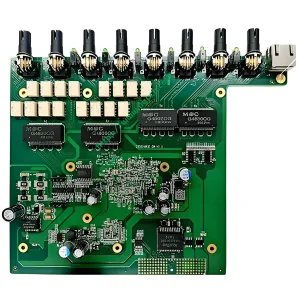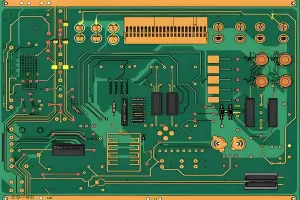Definition of Industrial Control PCB
PCB del prodotto di controllo industriale. Circuiti in apparecchiature elettriche che controllano il normale funzionamento delle apparecchiature.
Types of Industrial Control PCBs
Special Circuit Board for Industrial Control
- Functionality: A special circuit board designed for a specific industrial control function.
- Componenti: The bottom circuit is completed, e io è riservato.
- Customization: After purchasing, connect the reserved input and output ports to user equipment like motors, solenoid valves, and sensors to achieve desired functionality.
Dedicated Circuit Boards
- Purpose: Specifically designed for a single function, come un circuito di controllo della temperatura.
- Connections: The input port connects to a thermocouple, and the output port connects to a heating contactor or solid-state relay.
- Applicazioni: Used in control panels, pannelli di controllo del movimento, and other specific industrial applications.
Universal Control Board
- Programmability: Most universal control boards can be programmed.
- Customization: Through user-driven secondary development, specific functions are completed.
- Versatility: Used in a wide range of applications.
- Examples: Plc (Programmable Logic Controller) is a common universal industrial control board.
- Caratteristiche:
- User-written programs and compiled inputs.
- Input digitale, porta di ingresso analogica, Porta di contropiede ad alta velocità, porta di output digitale, porta di uscita analogica.
- Some PLCs also have communication functions.
 LOGO UGPCB
LOGO UGPCB
